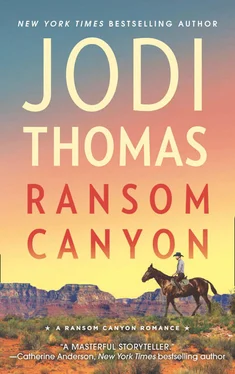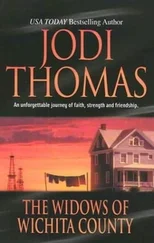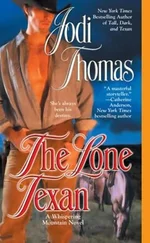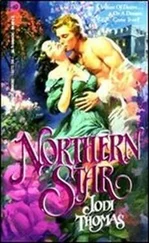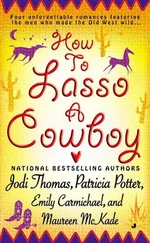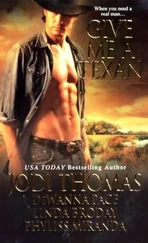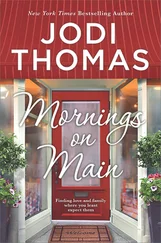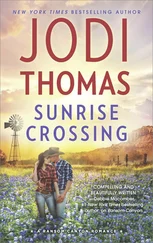Sawing a branch that had been scraping against the house was no problem, even with both the old guys telling him how. Yancy had planned to stop there, but they pointed to another branch that needed cutting and then another. As he moved from house to house, more old people came out. Everyone had elms bothering their roof or windows or walls. Before long he felt as if he was leading a walker parade around the place. Every time he cut a branch down, one of the residents would grab it and haul it outside the chain-link fence to the lot beyond.
Listening to them chatter and compliment him was like music to his ears. None of the senior citizens ordered him around or threatened him. They all acted as if he was some kind of hero fighting off the dragon elms that had been torturing them when the wind blew or robbing them of sleep.
“We should pile them up and have us a bonfire,” yelled the one old man with Cap written on his baseball hat.
“Great idea,” his friend said, joining in. “I’ll buy the hot dogs and we can have us a weenie roast.”
“Won’t that be a fire hazard?” Yancy asked as he used a stool to climb high enough to cut the last of the dead branches off a tree.
Cap-hat puffed up, making him about half an inch taller. “I was the captain of the volunteer fire department here for twenty years. I think if I say it’s all right, nobody will argue.”
To Yancy’s shock they all agreed, and now the rush was on to collect firewood.
In general, Yancy hated people. He thought of some of them as evil, like Freddie and Cowboy who’d threatened to murder him for no reason, and others he feared were simply fools. The rest were stupid, destined to be played by the evil walking the earth. That pretty much summed up the population he’d been living with for five years, and those he’d grown up with were no better.
Only, these folks were different. They treated him as if he were a kid who needed praise and direction. Each had stories to tell, and each, in their way, appeared to have lived rich, full lives. None suspected the crimes he’d committed or regrets he had in life. To them he was a hero, not an ex-con.
Yancy swore he felt like Snow White stumbling into the elderly dwarves’ camp. All of them were at least a head shorter than him, and most offered him a cup of coffee or something to eat. One little round woman dressed in pink from her shoes to her hair even brought him out a slice of pie. Mrs. Butterfield was her name, and she claimed her husband always ate pie for breakfast.
She also giggled and told Yancy that he reminded her of her first husband when he was young. “Black hair and strange eyes,” she whispered. “Just like you, young man.”
“Yancy,” he said. “My name’s Yancy Grey.” He didn’t want her thinking he was the ghost of husband number one returning.
All agreed that was a strong, good name, except Mrs. Butterfield who’d gone inside to look for a picture of her first husband.
An hour passed, and the café still wasn’t open, but Yancy felt stuffed. By now the trees were trimmed and the eight geezers pulled their chairs around a crumbling swimming pool full of tumbleweeds and dead leaves. The pool deck was one of the few places that was out of the wind and offered sunshine.
Yancy used the tree-trimming chair to join them and was welcomed with smiles. Thank goodness Mrs. Butterfield had forgotten what she’d gone to look for and returned with another slice of pie for him.
The short senior citizen who’d fallen through the chair earlier introduced himself as he offered Yancy a wrinkled hand. “Leo is my name and farming was my game until I settled here. I used to grow pumpkins so big we could have hollowed them out and used them for carriages.”
A few rusty red hairs waved at the top of Leo’s head as he laughed. “Let me fill you in on the protocol here. Every Sunday we get up early and sit out here, if the weather permits, until ten-thirty when two vans drive up. Until then we eat Mrs. Ollie’s deliciously sinful banana bread and Mrs. Butterfield’s pie if she remembers it’s Sunday. Of course, we do this so the Catholics will have something to confess and the Baptists will have something to sing about. Those feeling the calling load the vans for church and the rest of us finish off the bread before our kin drop by to take us to their low-fat, no sugar, high-fiber Sunday dinners.”
“Which van you climbing into, Mr. Leo?” Yancy smiled as he took another piece of the best banana bread he’d ever eaten.
“Neither,” Leo snapped. “I was married twice. Once to a Baptist. Once to a Catholic. After spending twenty years in each church I gave up religion for superstition.” Mr. Leo leaned forward. “Like, I’ve been noticing something about you, Yancy. You may be a good-looking fellow, but you got one gray-colored eye and one blue. Like Mrs. Butterfield said, that’s strange. Some folks might think you to be the son of a witch, or maybe a witch yourself. I’ve heard tell a man with two colored eyes can see death coming for any one he stares at. Gypsy blood in you, I’m guessing, with that black hair. They say every Gypsy is born with a gift, and yours just might be death’s sight. Am I right, Yancy?”
“That’s me,” Yancy lied. He had no idea where his people came from, but seeing death hanging around these folks wouldn’t be too hard. He was surprised the Grim Reaper didn’t make regular minivan stops by this place.
Miss Ollie passed by to offer him the last slice of bread. “Don’t believe a word Leo says,” she whispered. “He ain’t never farmed in his life. He taught drama at the high school for forty years, and if he had two wives he must have kept them in a box, because no one in town ever saw them.” She laughed. “We don’t know if his brain is addled, or if he’s just trying to make life more interesting. Either way, he’s always fun to listen to.”
It took Yancy a moment to wrap his mind around what he heard. He’d known many liars but not one who did so for fun, and nobody in the group seemed to care.
“Don’t rat me out, Ollie,” Leo grumbled, “or I’ll tell him about when you came to town as a lazy streetwalker and settled here just so you’d only have to walk a few blocks to cover the whole town.”
The very proper baker hit him with her empty banana-bread pan. Crumbs showered over him, but Leo didn’t seem to notice. He just grinned and winked at her because he knew he’d flustered her. “She’s Baptist,” he whispered. “Never confesses to a thing she’s done all her life. Taught home economics down the hall from me, and I can tell you there were some wild parties in that food lab.”
She raised the pan as if planning to hit him again, but decided to laugh.
Yancy studied the circle of people. “How many of you taught school?”
To his surprise all but one raised his hand. A tall, frail man in a black suit, wearing hearing aids in both ears, finally lifted his hand to join the others. “I think I qualify, even though I was the principal. I’m Mr. Halls. Many a student made a joke about my name.” His announcement was a bit loud. “A man’s name sets his course at birth.”
They all nodded as if he were the bravest among the brave. Battle-scarred veterans of decades of fighting their grand war against ignorance might have honed them, but age now left them crippled and alone. One to a house. No husbands or wives surviving, apparently. But they had each other. Somehow in the middle of nowhere, they’d found their place, like a flock of birds huddled together on a tiny lake.
When the two church vans arrived, most of the group climbed on. Only Leo, Cap and the principal remained in the circle with Yancy. When the principal went inside to get his cap, Yancy had to ask, “Isn’t he going to church? He’s all dressed up.”
Читать дальше
